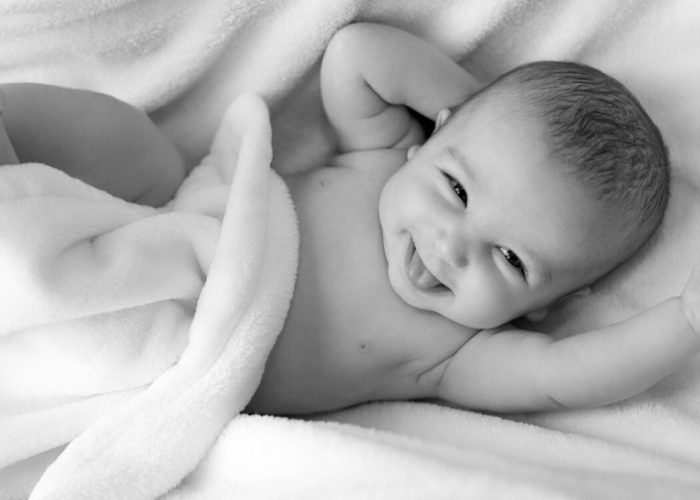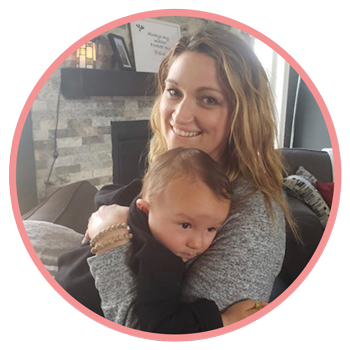A lot of people, myself included at one point would have argued with this statement. I would have thought to myself “how will I get any sleep at all without sleep training”? I need to teach my
baby how to sleep in order for them to be able to link their sleep cycles. I wish I knew then what I know now.
We know that sleep is something that happens naturally, something that is calming, and peaceful, yet we have resorted to outdated books and mainstream parenting to help us reach the desired sleep amounts for our children. We have lost our instincts in parenting. We have lost the trust we had invested in our children learning to become who they are naturally supposed to become. We
have relied on timing and schedules to guide us in the right directions instead of connections, rhythm and routines. We have high expectations for our babies and toddlers in terms of sleep and
sleep totals. When we think of sleep training we are thinking of strict schedules with strict rules and guidelines that promise results and answers within a time frame, but at what cost? Does every
6 month old need the exact same amount of sleep? Does every baby or toddler have the same robotic temperament? What are we giving up in order to achieve these very high expectations?
SLEEP IS A BIOLOGICAL FUNCTION
This is another one that gets deeply misunderstood. Somewhere in depths of sleep deprivation we got the impression that we can make our babies fall asleep. We feel may feel as If we can force our babies to sleep we are succeeding as parents, and let’s face it, when we are exhausted and feeling as though we are in a losing battle this can feel like a pretty incredible win. If somehow we got the impression we were able to make our babies fall asleep we have figured out the key to parenting and gained some control back. Just the same as how we don’t need to teach our children how to eliminate waste, or digest their foods, we can’t and don’t need to teach them how to sleep. As humans we are designed to sleep, we know how to do it, therefore it isn’t something that needs to be taught. There are no rules that need to be followed and surely if you are helping your baby fall asleep you are doing nothing wrong.
OUR BABIES ARE SUPPOSED TO WAKE IN THE NIGHT
We all wake in the night. We gently rouse and go back to sleep. Think about yourself waking in the night. Did you go to the washroom? Have some water? Roll over and carry on sleeping? Our babies may need some support with this and that may vary in terms of what it looks like from baby to baby, but waking in the night is healthy. We know that if babies and toddlers are doing this they are doing exactly what they need to be doing. Our babies wake for more reasons than just hunger – contrary to what the sleep training industry will let you believe. They want to feel safe and secure. It’s a safety mechanism and again completely normal.
We fully trust our babies to sleep when they need in utero. Yet when they don ’t fit into the schedule that was prepared for them when they enter the world we feel as though we are doing something wrong and can fix this by using extinction methods or CIO methods. Parents are lead to believe that the only way to get more sleep is to train their babies how to sleep or they will be forced into poor sleep habits and no sleep forever.
WHAT IS HAPPENING DURING SLEEP TRAINING?
When we are sleep training we are not training our babies how to sleep, we are teaching them that we are not coming when they are calling or searching for us. They are protecting themselves from entering a state of becoming hyperaroused or flooded. They know that their caregiver is no longer coming, and therefore they need to retreat and protect themselves. This is not because we have taught them how to sleep, remember we didn’t need to teach this.
“A baby has six arousal states: asleep, drowsy, hypo-aroused, calmly focused and alert, hyperaroused, and flooded. When a baby gets to the point of being hyperaroused or flooded, they are burning a lot of energy. The only way out of this state is to help them down-regulate, and this involves parental contact and support. This can’t be done by leaving a baby or child alone. They can’t up- regulate or down-regulate themselves. If a parent or caregiver does not help them down-regulate in their hyperaroused state, they will go up the arousal scale, become flooded, and, at this point, burn so much energy that they may fall asleep —not because they soothed themselves, but because they are passing out from sheer exhaustion. “It is the brain’s last mechanism for protecting itself from severe energy depletion
(Dr. Stuart Shanker 2016).
Our children don’t need to be taught how to sleep, they need to know that someone will come.
Did you know you can still reach your sleep goals and methods through attachment needs or responding in a way that feels good to you? You don’t have to separate from your little one when it doesn’t feel right for you or them. Our children are counting on us to regulate their emotions and address their concerns, during both the day and the night. Their needs are not less important just because it is nighttime.
Isolation and separation is the prescription of today’s paediatricians. This was formally accepted by the American Pediatric Association in 1998 and informally adopted by the Canadian Paediatric Association. That is the prescription. You use isolation to extinguish undesirable behaviour. You use consequences to shape behaviour. I am not faulting the experts. They do not understand child development…we have been using practices that are completely uninformed by the impact of separation, by attachment, and by developmental processes.
Dr. Gordon Neufeld
Parenting Beyond Sleep Training.
We may choose to parent a certain way during the day and at night, and while I agree that given the circumstance we can absolutely hold our boundaries within what it is we want to during our nighttime parenting, it is also important to note that it doesn’t mean we need to close the door on the emotion that rises within this. It doesn’t mean that we need to use the separation card and teach our babies to be separate from us. It doesn’t mean that because they have stopped crying ( when they are alone ) we have addressed all of their needs and now they are ok. It is important to know all of the facts and rationals behind the reasons you make the choices you do on your parenting journey, and remember that every baby or child is unique in their needs. There is not one size fits all when all children and parents are so different. If something doesn’t feel right to you, its probably not a good fit for you and your family, and you should absolutely trust your gut on this, ALL OF THE TIME!
Jenn Cerson-
Certified Sleep And Well- Being Specialist, Helping families get more sleep without the use of any sleep training.





